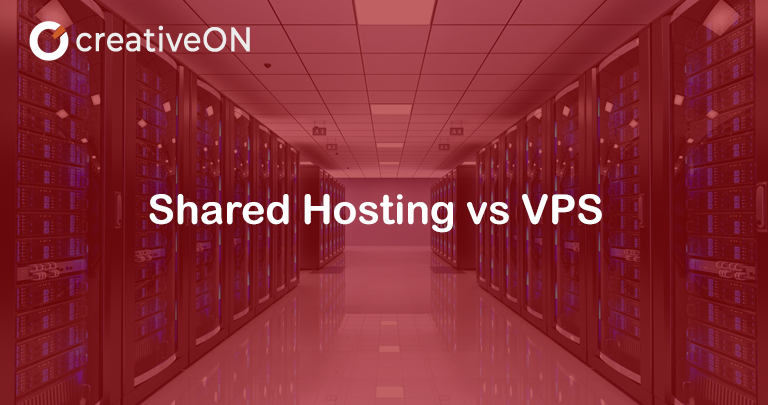There is no definite answer to whether shared hosting is better or VPS. It all depends on the model of your business. But let us first understand shared hosting and VPS.
Shared Hosting
Shared hosting is a type of web hosting that allows hosts to host multiple websites on a single server over the Internet, sharing all the resources like storage, memory, disc space, CPU, etc., between all the websites. It is one of the most economical options. But it has its cons because there is barely a fence between these shared hostings to prevent malware or virus spread. Moreover, there is no parameter for the allocation of these resources. It is a good option for new startup websites because of its budget-friendly prices.
Pros and Cons of Shared Hosting
Let us look into the brighter side first. Undoubtedly it is the most pocket-friendly option available, and it comes with maintenance support from your service provider as well. They take care of all the technicalities, and you do not have to scratch your head while thinking about what to do. You can spend that time upgrading your business.
If you look at the other side of the picture, you will find certain limitations that come with shared hosting plans. To begin with, your site is affected by whatever happens on the neighboring sites. If they have excessive traffic, it will affect your site by slowing it down. Secondly, there is no proper allocation of resources, so if you are sharing the server with some big sites with a lot of traffic, they will consume a major portion of the resources, leaving you with almost nothing at hand. It would slow your site and deter your growth.
VPS
Virtual Private Server (VPS) is a type of web hosting that acts as a dedicated server in a shared hosting environment. In reality, it has a shared server which creates a fence around the share of your resources mimicking a dedicated server. So, whatever happens on other websites on your server, does not affect your resources at all. It provides you more control over your website, and you can customize your server with the configuration styles you desire to detect any problem that could cause harm to your site.
Pros and Cons of VPS
As mentioned above, VPS creates a fence around your resources so nobody can use them and gives you more space and bandwidth, allowing your site to perform better. This feature also reduces the threat of downtime even when the neighboring sites have a lot of traffic. Thus, increasing reliability and stability for both you and your clients. VPS also provides you flexibility when it comes to scaling your business. If you want to upgrade your business, you can do so with minimal friction and similarly downgrade it whenever you want. Without any doubt, your site is more secure with a VPS hosting plan because of no sharing between you and other sites. Hence, no virus or malware could migrate to your site from the adjacent sites.
On the flip side, VPS hosting plans are very expensive compared to shared hosting. Moreover, you are not provided technical assistance from the hosting provider as they do it by themselves in the shared hosting plans. But you can contact your hosting providers to guide you through the problem. But you still need technical support or a dedicated manager to provide you with 24/7 assistance to keep things in order and avoid problems.
Above, we have mentioned all the pros and cons both types of hostings carry. It is now on you to choose which one suits your business model well. You can start with shared hosting in the beginning but work your way up, expand your business, and when you start to generate a good amount of money, you can shift to a VPS hosting plan.
